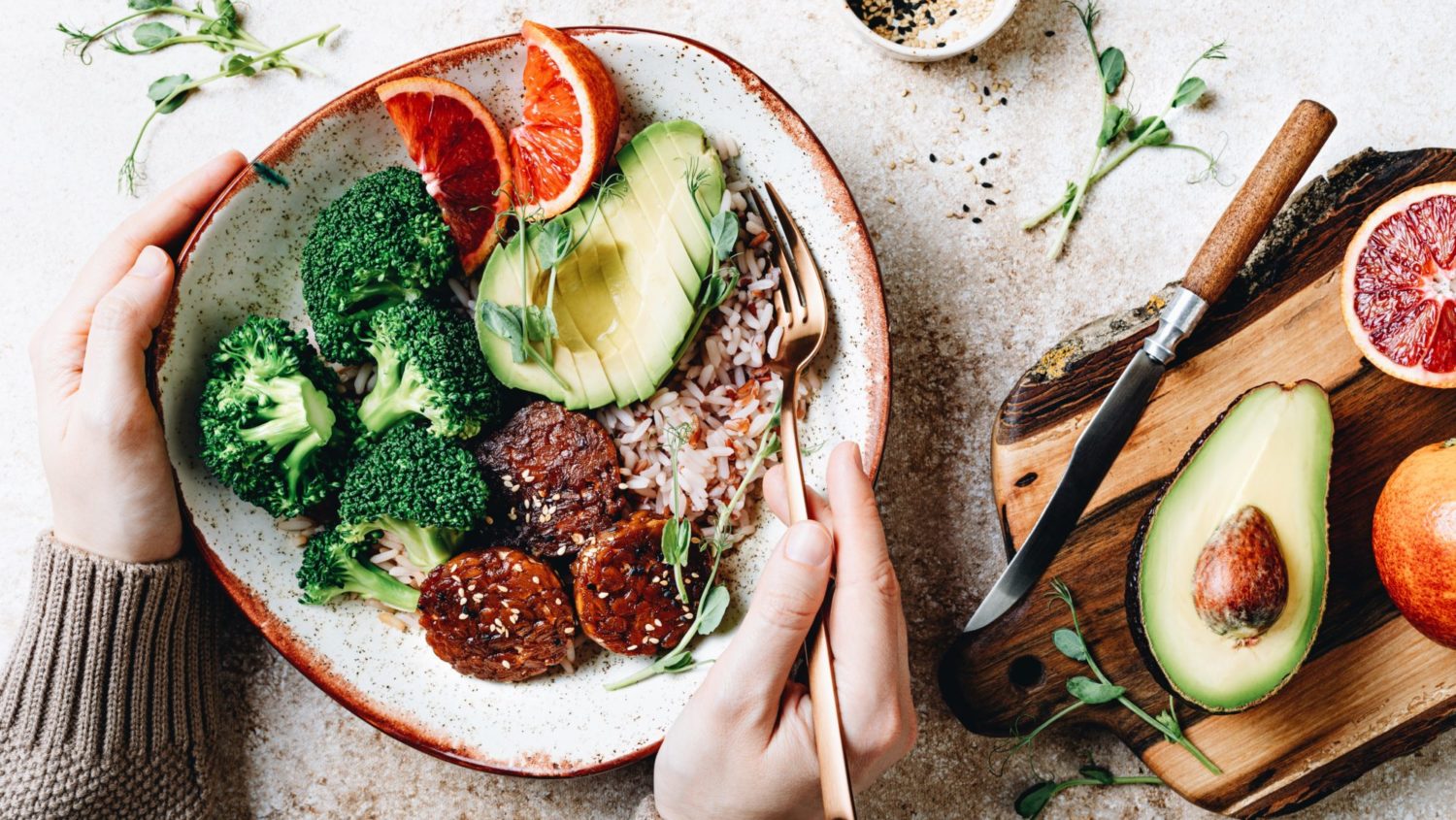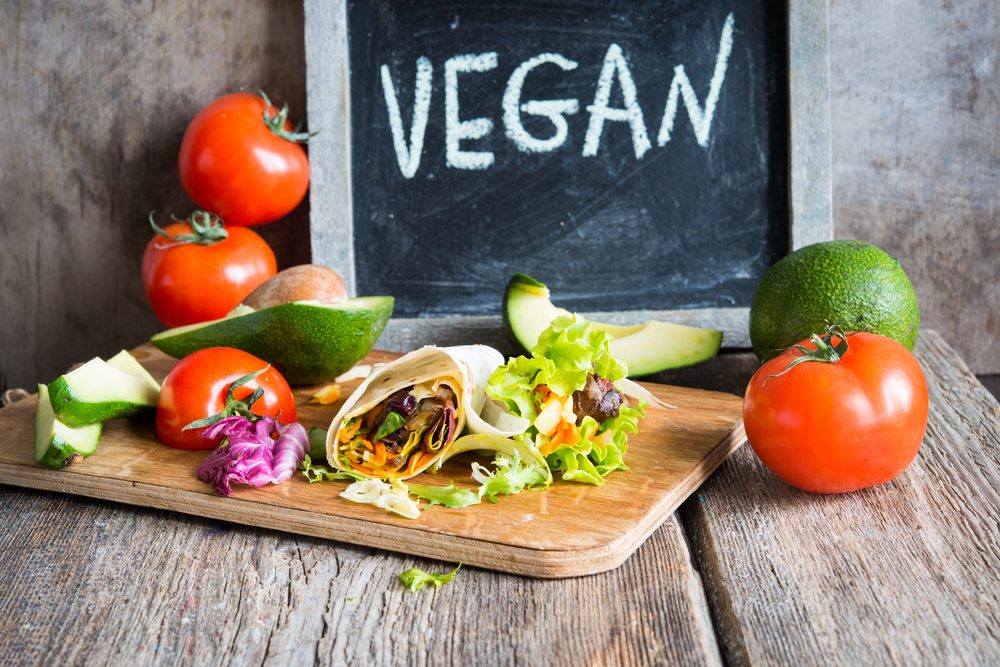is vegan diet good for ibs High-carb, vegan diet causes major weight loss
IBS, or irritable bowel syndrome, is a condition that affects the digestive system and can cause discomfort and pain for those who suffer from it. Many individuals with IBS have turned to a vegan diet as a means of managing their symptoms and improving their overall well-being. While there are certainly pros and cons to adopting a vegan diet for IBS, it is important to carefully consider these factors before making any significant dietary changes.
The Pros of a Vegan Diet for IBS
One of the advantages of a vegan diet for IBS is its emphasis on whole, plant-based foods. Fruits, vegetables, legumes, and whole grains are all staples of a vegan diet, and these foods are known to be rich in fiber. Fiber plays a crucial role in promoting healthy digestion and can help alleviate some of the discomfort associated with IBS symptoms such as constipation or diarrhea.
 In addition to being high in fiber, a vegan diet also tends to be low in fat. This can be beneficial for individuals with IBS, as consuming high amounts of fat can trigger symptoms such as bloating and abdominal pain. By focusing on plant-based sources of fats, such as nuts, seeds, and avocados, individuals with IBS can enjoy a nutritious diet without exacerbating their symptoms.
In addition to being high in fiber, a vegan diet also tends to be low in fat. This can be beneficial for individuals with IBS, as consuming high amounts of fat can trigger symptoms such as bloating and abdominal pain. By focusing on plant-based sources of fats, such as nuts, seeds, and avocados, individuals with IBS can enjoy a nutritious diet without exacerbating their symptoms.
The Cons of a Vegan Diet for IBS
While there are numerous benefits associated with a vegan diet for IBS, it is important to note that it may not be suitable for everyone. Some individuals with IBS find that certain fruits, vegetables, and legumes can aggravate their symptoms. These foods are often high in FODMAPs, which are carbohydrates that can ferment in the gut and cause discomfort. Consulting with a healthcare professional or a registered dietitian can help identify specific trigger foods and develop a personalized dietary plan.
 It is important to mention that adopting a vegan diet requires careful planning to ensure that all necessary nutrients are obtained. Key nutrients such as vitamin B12, iron, calcium, and omega-3 fatty acids are typically found in animal-based products, so individuals following a vegan diet must find alternative sources. This may require the use of supplements or a greater focus on fortified foods to meet nutritional needs.
It is important to mention that adopting a vegan diet requires careful planning to ensure that all necessary nutrients are obtained. Key nutrients such as vitamin B12, iron, calcium, and omega-3 fatty acids are typically found in animal-based products, so individuals following a vegan diet must find alternative sources. This may require the use of supplements or a greater focus on fortified foods to meet nutritional needs.
In conclusion, a vegan diet can offer potential benefits for individuals with IBS, such as increased fiber intake and reduced consumption of high-fat foods. However, it is crucial to consider individual needs and sensitivities when making dietary changes. Consulting with a healthcare professional or registered dietitian is recommended to develop a personalized plan that supports overall health and manages IBS symptoms effectively.
If you are searching about How to Manage IBS With a Vegan Diet you’ve came to the right place. We have 5 Pictures about How to Manage IBS With a Vegan Diet like High-Carb, Vegan Diet Causes Major Weight Loss - Women Fitness, How to Manage IBS With a Vegan Diet and also How to Manage IBS With a Vegan Diet. Read more:
How To Manage IBS With A Vegan Diet
 www.livekindly.com10 Tips For Vegan Diet Starters (2021) – The Wellness Aura
www.livekindly.com10 Tips For Vegan Diet Starters (2021) – The Wellness Aura
 thewellnessaura.wordpress.compsoriatic starters blood habits worsen lowfat carne everydayhealth
thewellnessaura.wordpress.compsoriatic starters blood habits worsen lowfat carne everydayhealth
The Pros And Cons Of A Vegan Diet For IBS
 healthtian.comibs pros
healthtian.comibs pros
Do Certain Foods Trigger Stomach Discomfort, But It’s Hard To Pin Down
 www.pinterest.comibs fodmap irritable eat bowel diverticulitis fodmaps disease colon certain healthy discomfort exactly bloating alimentos treatment régime theheartysoul mealslowcarb healthyadvice
www.pinterest.comibs fodmap irritable eat bowel diverticulitis fodmaps disease colon certain healthy discomfort exactly bloating alimentos treatment régime theheartysoul mealslowcarb healthyadvice
High-Carb, Vegan Diet Causes Major Weight Loss - Women Fitness
 www.womenfitness.netdiet vegan weight omnivorous causes carb loss major high medicine issue journal september american
www.womenfitness.netdiet vegan weight omnivorous causes carb loss major high medicine issue journal september american
Do certain foods trigger stomach discomfort, but it’s hard to pin down. How to manage ibs with a vegan diet. The pros and cons of a vegan diet for ibs